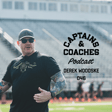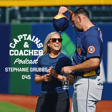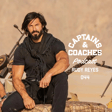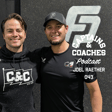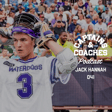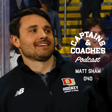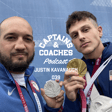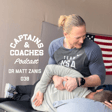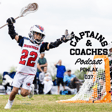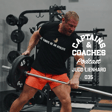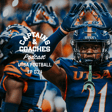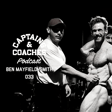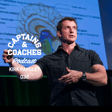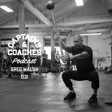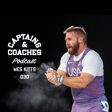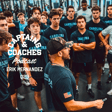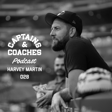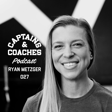
024 - American Rugby Story w/ Nicole Heavirland
Nicole Heavirland's rugby journey embodies the evolution of the sport in America. In this episode, the three-time Olympian opens up about her transition from basketball to rugby, the unique perspective of being both an Olympic alternate and competitor, and the leadership lessons learned as Captain of the USA Women's 7's squad.
Nicole shares her powerful philosophy of "trying to beat Nicole Heavirland every day" and reveals how her coaches have shaped her approach to the game. Nicole's insights on resilience, leadership, and the pursuit of excellence offer valuable lessons that extend far beyond the rugby pitch.
PLUS, don't miss her story about arm wrestling Jason Kelce in Paris!
Training Programs - 7 Day Free Trial
Old Bull: https://bit.ly/old-bull-train
Captain's Speed, Strength, & Swagger: https://bit.ly/captains-train
#USARugby #RugbyLife #RugbyPlayer #WomensRugby #Rugby7s #RugbyUnion #WorldRugby #OlympicRugby #LeadershipJourney #AthleticLeadership #WomenInLeadership #TeamCaptain #SportsLeadership #NicoleHeavirland #JasonKelce
